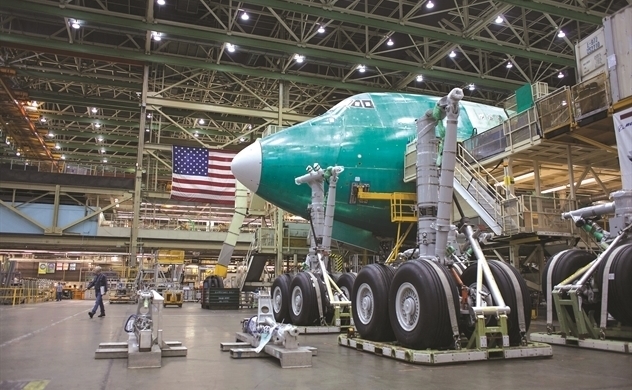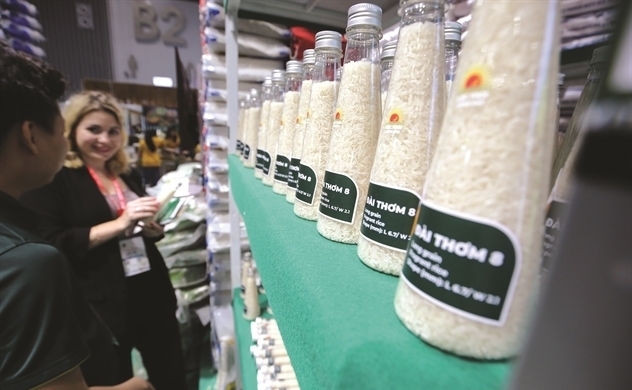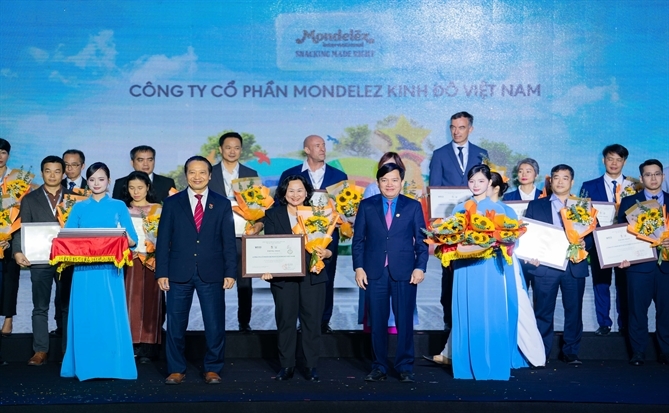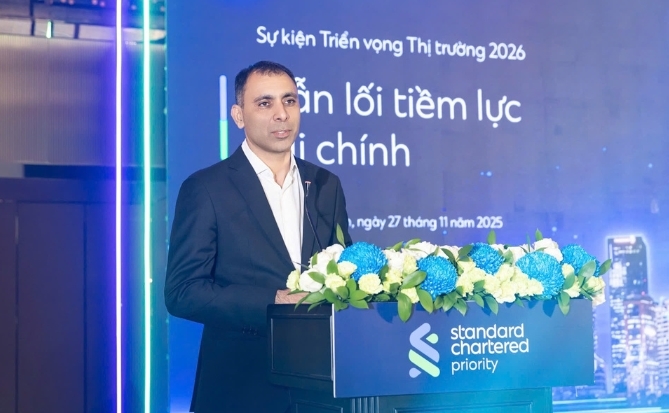Boeing opens door for Vietnamese firms to join global aviation supply chain

Boeing is still looking for more sources of goods from all over the world and Vietnam is considered a strategic country. Photo: TL.
Boeing Group has announced a plan to invest in developing the supply chain of aviation spare parts and equipment in Vietnam. Earlier, the aircraft maker inaugurated an office in Hanoi and established a network of 6 suppliers in Vietnam as well as working with five other companies to develop potential suppliers for Boeing.
Making Boeing components
“Boeing will continue to expand its partnership with similar companies and will seek to upgrade them to a supplier level”, said Brendan Nelson AO, Senior Vice President of Boeing Corporation and President of Boeing Worldwide.
This is good news for Vietnam's supporting industry in its efforts to join the high-tech supply chain of global corporations. According to Tech Collective, China has always been the largest supplier of technology components and plays a key role in the supply chain ecosystem of world technology firms. and Vietnam is becoming one of the potential production centers.
“Vietnamese enterprises in general and Vietnamese electronics enterprises in particular are facing great opportunities to participate in the global value chain,” said Mr. Darren Seah, Category Director in charge of the Industry Transformation Exhibition. Asia-Pacific (ITAP), commented.
Only Mitsubishi-owned MHI Aerospace Vietnam is a Boeing level 1 supplier in Vietnam. Other vendors are second and third-tier. Viettel Equipment Manufacturing Corporation (VMC), a part of Viettel Group, supplies Boeing indirectly. Boeing executives wanted Viettel to offer level 1 directly to Boeing instead of level 3. “Joining this chain is not easy because of the strict standards from input and output to the production process, human and material resources, infrastructure to information management system,” said VMC General Director Nguyen The Nghia.
Mr. Nghia regards VMC as a typical Vietnamese company, despite its 1,300 workers, 40% fiber optic cable production, and 200 million USD (approximately 4,700 billion VND) annual income. Nam still struggles with raw materials, machinery, and labor input; foreign enterprise linkages; and Finally, corporate governance does not match multinational value chains. According to USAID research, just 21% of Vietnamese firms can join multinational firms' supply chains. International market swings make entering the chain harder.
In fact, the companies that are participating in the supply chain for Boeing mostly come from FDI enterprises. As for Vietnamese enterprises like Viettel, it is a long journey.
Opportunities in the vibrant aviation market
Viettel officials claimed that M3 Information Company, a member of Viettel, has to constantly find possibilities and rely on reliable partners to become a supplier for Meggitt. Dedicated to the AS9100D certification endeavor, establishing technological procedures, prototypes, tests, and FAI sample goods. M3 also relies on professionals like Mr. Reid Parker, who helped engineers perfect the approach at M3.
According to Boeing Vietnam Director Michael Nguyen, Vietnamese enterprises can only make low-value components. Boeing needs almost 6 million parts to build an airplane. 50% are screws and tiny stuff. Boeing needs more global suppliers, and Vietnam is a vital country. "Vietnam will expand very well if there is a suitable environment and the attention of leading corporations in the world," says Mr. Michael Nguyen.
Boeing has trained Vietnamese workers with Viettel and US specialists. Mr. Michael Nguyen said Boeing will work with other companies and not favor regional or domestic suppliers in the foreseeable future. Boeing has also trained pilots, leaders, aviation experts, engineers, repair workers, and aircraft maintenance and repair with 5 Vietnamese carriers.
Boeing leaders say Vietnam has numerous good development factors, including passenger numbers, cargo volume, and aircraft. Vietnam likewise has substantial urbanization. Air travel demand rises. "Vietnam's aviation growth rate in the above areas is 5-7 times higher than the regional average," stated Boeing Commercial Aircraft Marketing Director Thomas Sanderson.
Boeing estimates that Southeast Asia requires 4,210 commercial aircraft in 20 years. Which Vietnam will dominate. Boeing and other airlines can develop here. Airbus pledged to promote Vietnamese companies that can supply Airbus components in March.
When Boeing and Airbus want to construct supply chains, Vietnam can flourish and become the region's core

 TIẾNG VIỆT
TIẾNG VIỆT 










_131447820.png)







